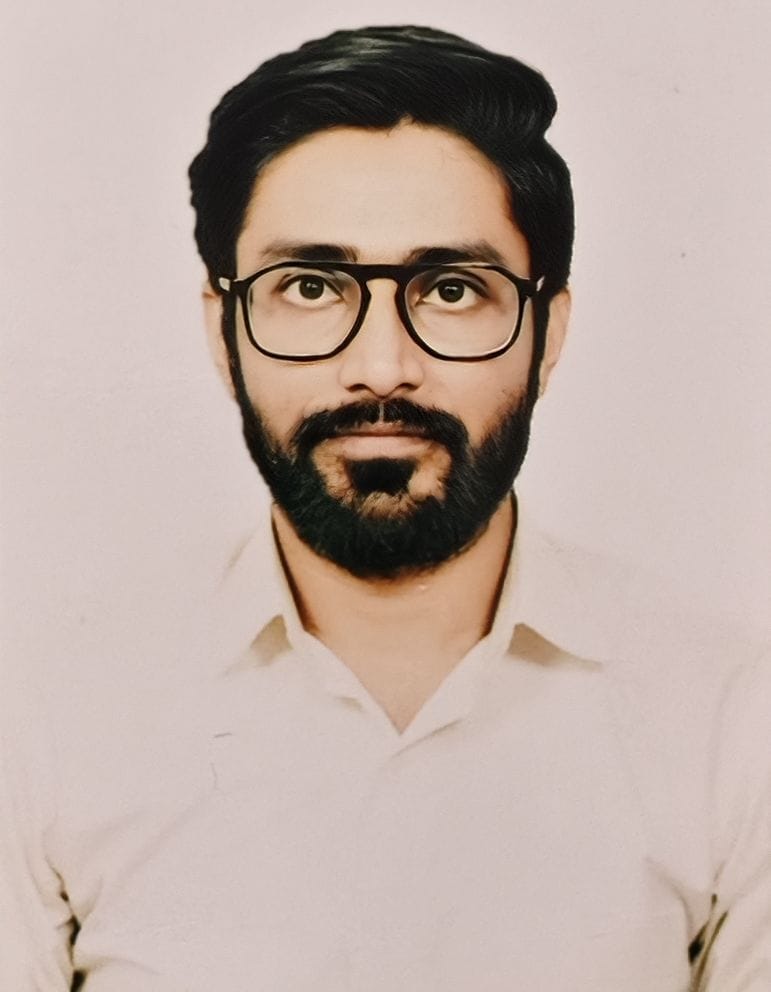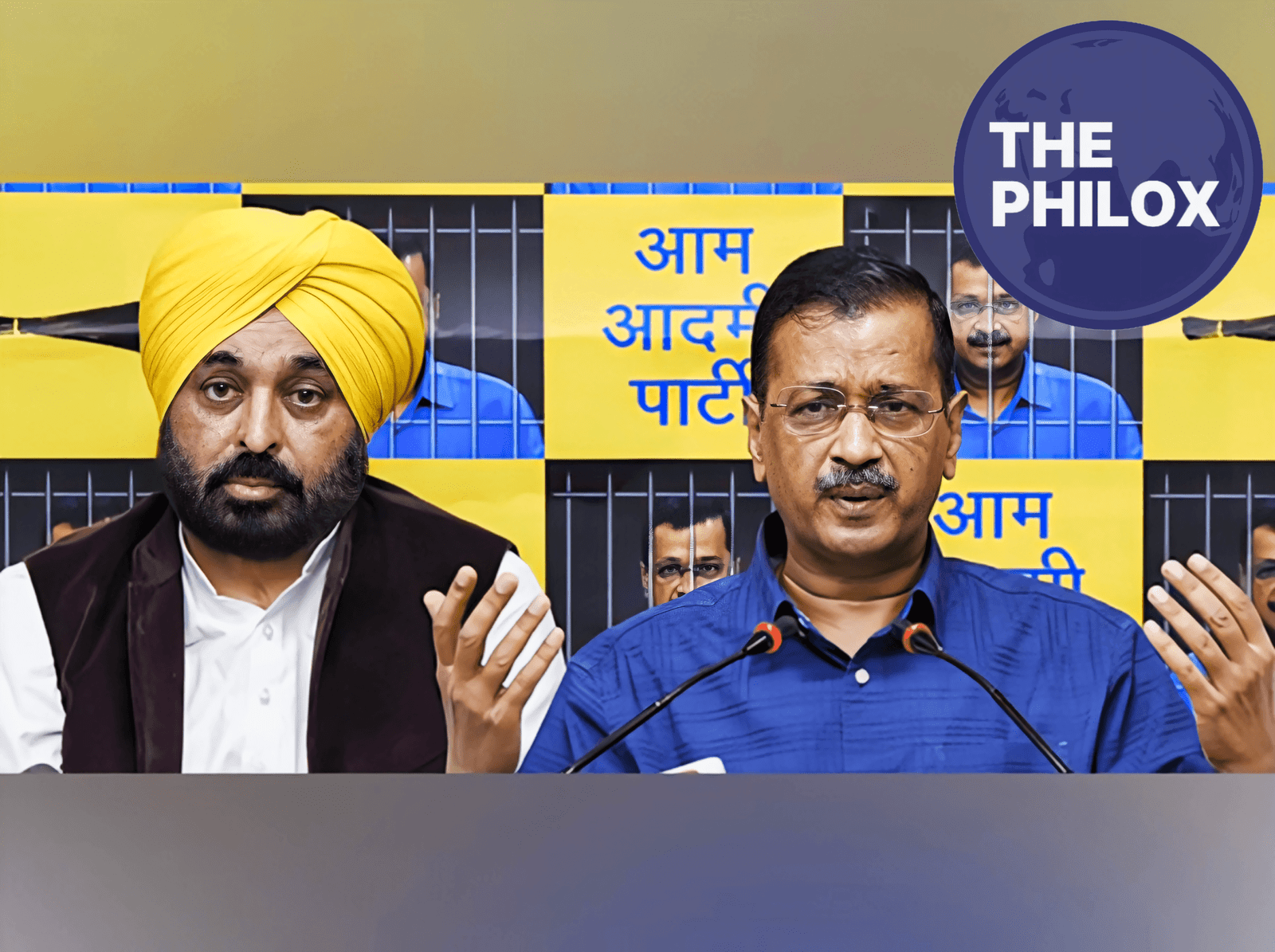In a moment of great sadness for the nation, the Maharashtra government has proposed to the Centre that the Bharat Ratna, India’s highest civilian award, be conferred upon the late Ratan Tata. The celebrated industrialist and philanthropist passed away at the age of 86, leaving behind a legacy that transcends business. The state’s heartfelt proposal came during a Cabinet meeting led by Chief Minister Eknath Shinde, following Tata’s demise on October 9, 2024. This move is seen as a fitting tribute to one of the most beloved figures in India.
Condolences and a Humble Proposal
The Maharashtra Cabinet began its Thursday meeting by paying tribute to Ratan Tata, a man who had long been synonymous with integrity, leadership, and compassion. Chief Minister Eknath Shinde led the condolence motion, remembering Tata as an extraordinary individual who had served the nation in ways far beyond business.
In recognition of his immense contributions, the Maharashtra government made a formal proposal to the Central government, urging them to award the Bharat Ratna to Tata posthumously. This proposal follows a social media campaign from 2021, where thousands of Indians had called for the same recognition for Tata. Interestingly, at the time, Ratan Tata humbly requested that people refrain from such demands. He expressed that he felt fortunate to be an Indian and was content with the opportunity to serve his country.
Ratan Tata’s Impact: A Life Beyond Business
Ratan Tata wasn’t just a successful businessman; he was a visionary and a humanist. His leadership during the critical moments of the Tata Group’s transformation, especially post the 2008 Mumbai terror attacks, remains legendary. The industrialist showed unwavering resolve, always prioritizing the nation’s progress over personal accolades. His firm decisions, courageous attitude, and unwavering social commitment have left an indelible mark on India’s collective memory.
Deputy Chief Minister Devendra Fadnavis echoed these sentiments, highlighting how Tata’s vision went beyond setting up industries to establishing a brand and trust that gave India global recognition. “A person with a very big heart has left us today. This is a great loss for the country,” he stated solemnly.
State Honours and National Mourning
Ratan Tata’s mortal remains were draped in the national flag and placed at the National Centre for the Performing Arts (NCPA) lawns, where the public could pay their last respects. The final rites are scheduled to be performed with full state honours, a testament to the immense respect Tata commanded. The Maharashtra government has also declared a day of mourning in his honour.
Prime Minister Narendra Modi, Union Home Minister Amit Shah, and leaders from all walks of life expressed their condolences. Shah, in his tribute, acknowledged Tata’s transformative leadership during pivotal moments for the Tata Group, remembering him as a global icon who brought pride to India.
A Call for Bharat Ratna
Though Ratan Tata never sought the Bharat Ratna, the Maharashtra government’s proposal feels like a national consensus. His passing has reignited conversations about the immense contributions he made—not just in the corporate world but also through his philanthropic work with the Ratan Tata Trust and Dorabji Tata Trust. These two trusts are among the largest private-sector-promoted philanthropic trusts in India, embodying Tata’s lifelong commitment to social causes.
Conclusion: A Legacy of Humility and Service
Born on December 28, 1937, Ratan Tata dedicated his life to serving the country, both in business and through his charitable work. He was honored with the Padma Vibhushan, the country’s second-highest civilian award, in 2008, but the call for Bharat Ratna is a reflection of the nation’s collective respect for a man who always put India first. The Maharashtra government’s proposal to award him the Bharat Ratna is not just a recognition of his achievements, but a tribute to a life lived in service of others.
Sources:



